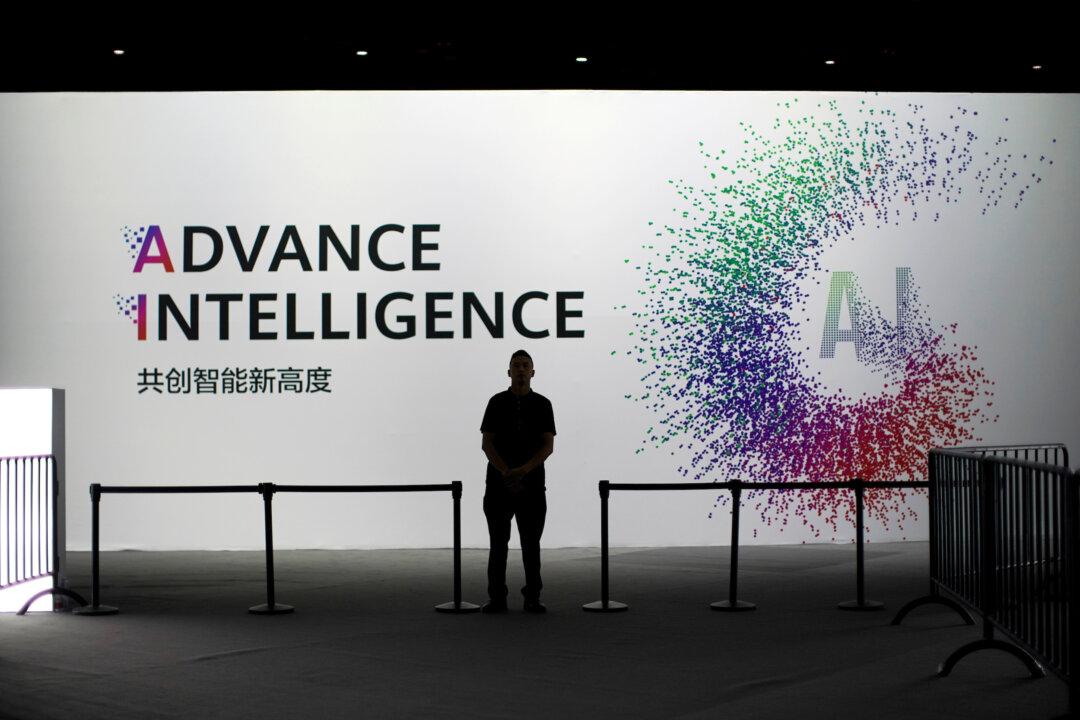WASHINGTON—U.S. government funding in artificial intelligence has fallen short and the country needs to invest in research, train an AI-ready workforce and apply the technology to national security missions, an independent government-commissioned panel said in an interim report on Nov. 4.
The National Security Commission on Artificial Intelligence (NSCAI) raised concerns about the progress China has made in this area. It also said the U.S. government still faces enormous work before it can transition AI from “a promising technological novelty into a mature technology integrated into core national security missions.”





